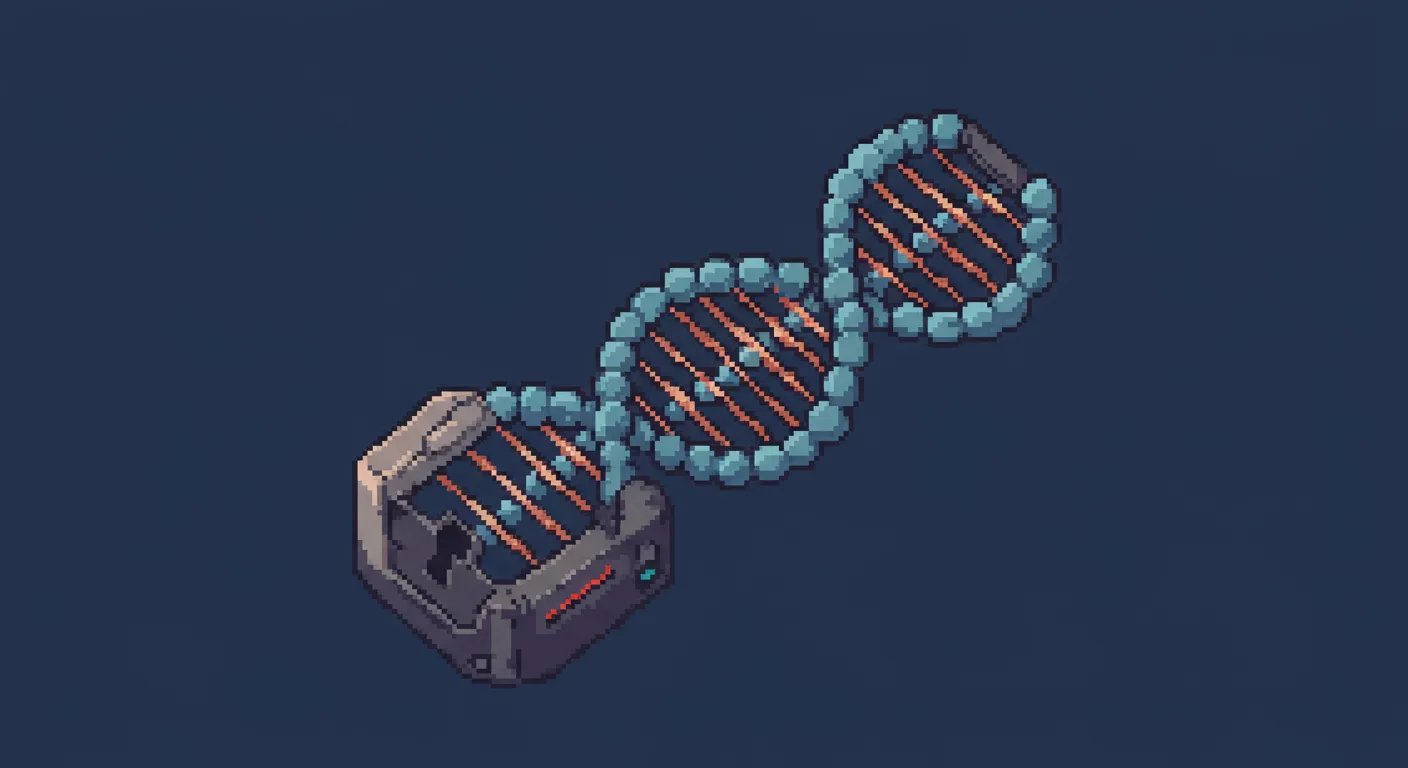The California Attorney General's recent consumer alert about 23andMe has ignited a firestorm of discussion about genetic privacy, corporate data practices, and the hidden risks of DNA testing. Online commentators are diving deep into the complex landscape of personal genomics, revealing a mix of personal experiences, privacy concerns, and broader societal implications.
The warning comes as 23andMe faces financial distress, raising critical questions about what happens to sensitive genetic information when a company approaches bankruptcy. Many users are now grappling with the realization that their most personal data - their genetic blueprint - could potentially be sold or misused.
Privacy advocates argue that the real danger isn't just about current data practices, but the potential future misuse of genetic information. Scenarios range from discriminatory insurance practices to more dystopian possibilities of genetic profiling by governments or corporations. Some online commentators point out that even if you've never taken a DNA test, family members who have can compromise your genetic privacy.
Interestingly, the discussion isn't uniformly negative. Many users shared powerful personal stories about discovering health risks, finding biological relatives, or understanding their ancestry through these services. These narratives highlight the complex trade-offs between personal discovery and potential privacy invasion.
The broader conversation extends beyond 23andMe, touching on larger issues of corporate data collection, consumer rights, and the evolving landscape of personal information in the digital age. As technology advances, the boundaries of privacy continue to shift, leaving many wondering how to protect their most fundamental personal information.


